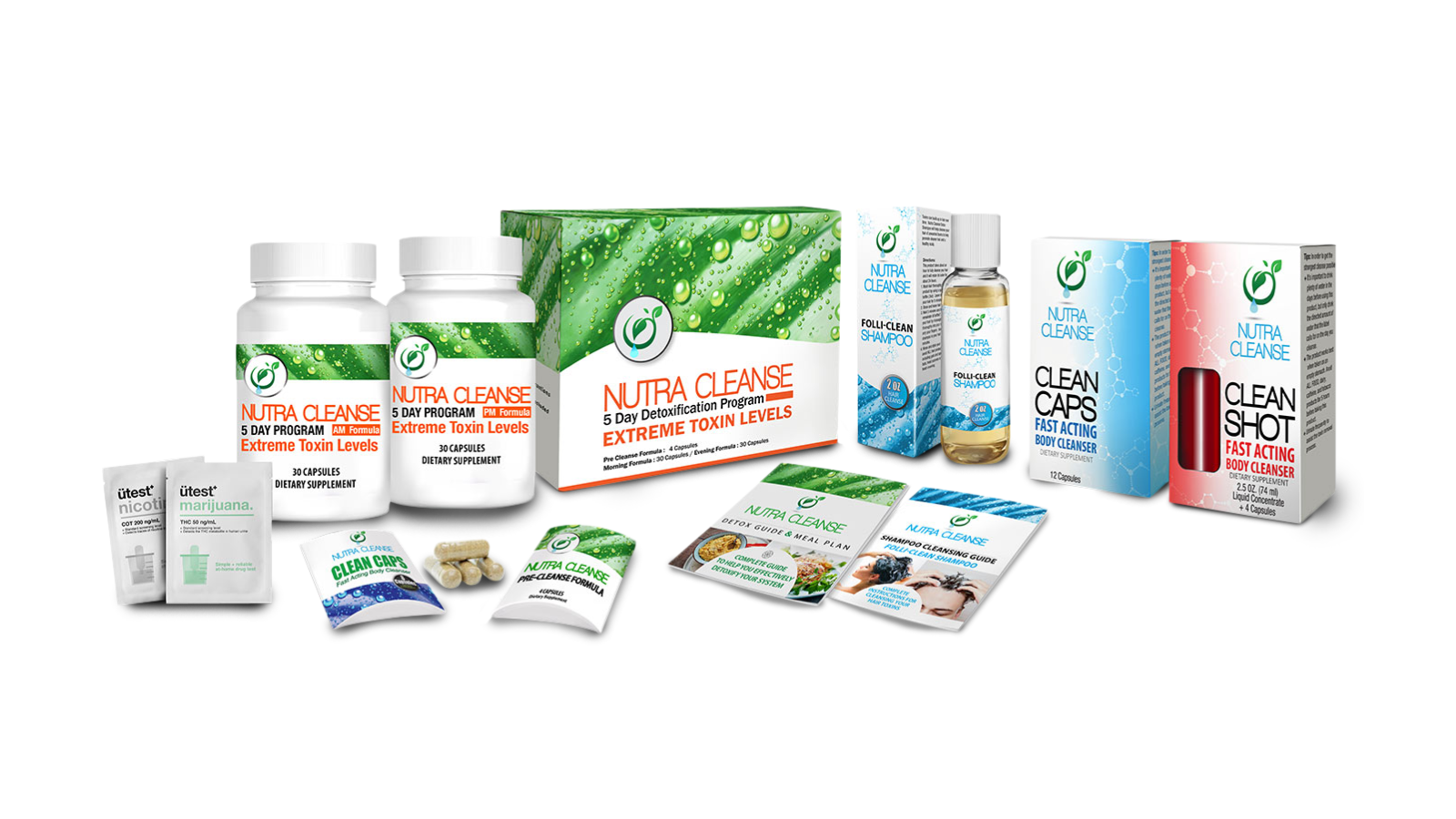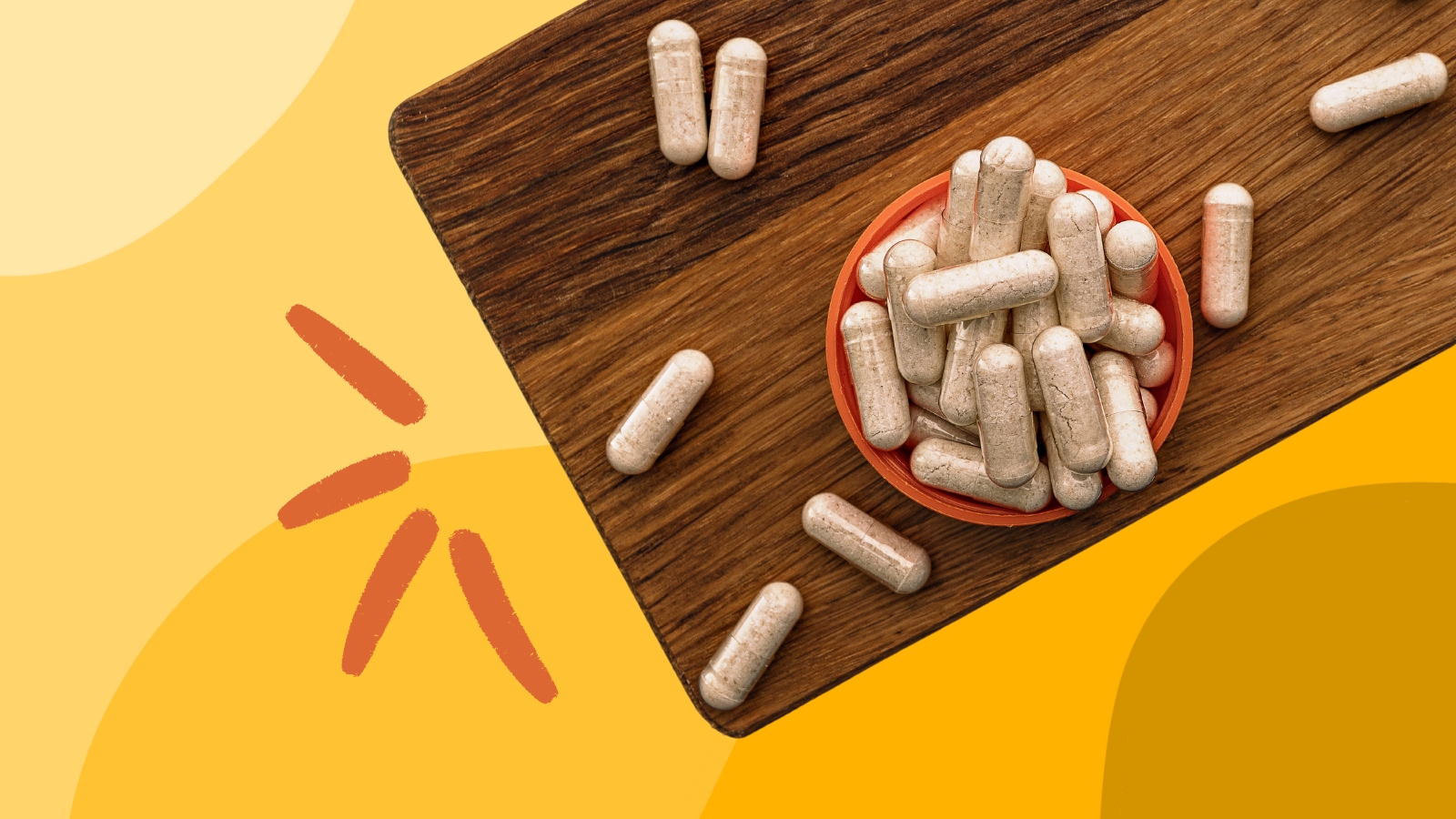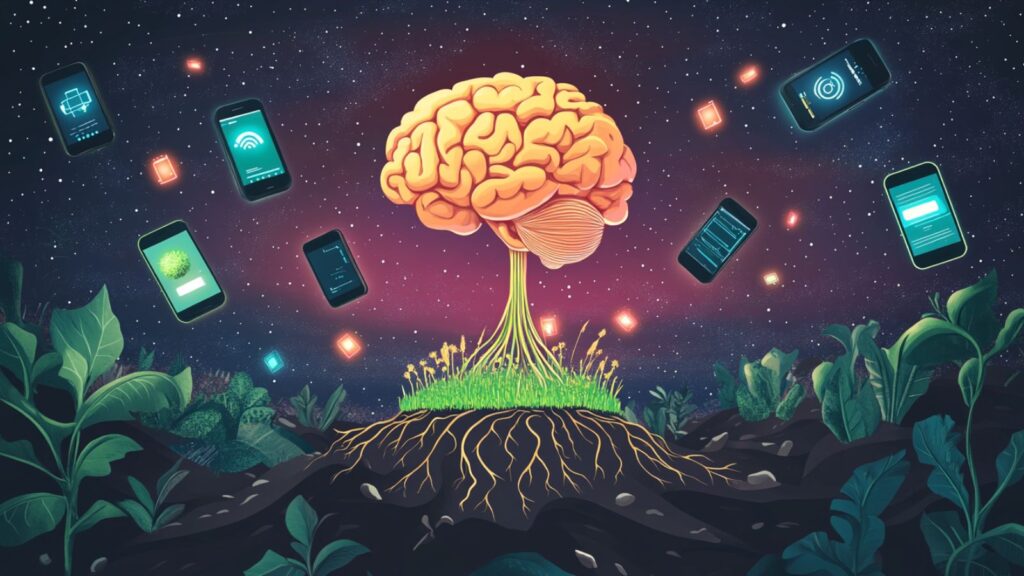Drug testing is commonplace for many employers, and even for people who don’t consume regularly, the possibility of a random drug test can cause some panic. When it’s not an option to fail a drug test, unconventional methods are usually the go-to for a quick fix. Many people have used niacin to attempt to beat a drug test in the realm of over-the-counter attempts. Is there any truth to a niacin drug test?
Particularly when it comes to ridding the body of THC, which can hang out in the body for roughly 30 days for the average person. However, metabolites from many drugs, including MDMA and cocaine, can show up in urine several days after use. For ketamine, metabolites are present for up to two weeks after last use.
When an unexpected drug test comes up, sometimes additional measures must be taken to ensure a passing result. But is using niacin to pass a drug test a reliable option? How does a niacin detox work, and is it safe?
What Exactly is Niacin?
Niacin is an over-the-counter supplement found in most pharmacies, drugstores, health food stores, and supplement aisles in grocery stores. Most simply, niacin is vitamin B3. The body requires it to function, though people use it supplementally to support brain function and alleviate arthritic pain. It is most commonly used to boost levels of HDL cholesterol (the good stuff), and it also moderately lowers LDL cholesterol (the bad stuff).
There are two primary forms of niacin, and they act differently within the body. The first is Nicotinic acid, which is a kind of niacin used to reduce cholesterol levels and lower the risk of heart disease. The second form, Niacinamide, doesn’t affect cholesterol but might help treat skin conditions like psoriasis. It may also reduce the risk of developing non-melanoma skin cancer. When treating cholesterol, niacin is used in larger doses, but there is a delicate balance because too much niacin can cause liver damage.

Effects of Niacin on Your Body
Most people get plenty of niacin through their diet. Chicken breast, salmon, tuna, beef, and lentils contain adequate levels of niacin for daily needs. The body uses niacin to turn food into energy. Pellagra is the name for niacin deficiency, in which case, a doctor prescribes supplements. Adult males are recommended to get about 16 mg per day, and adult women are advised to get 14 mg per day.
When taken in moderate quantities, niacin generally appears to be safe. However, when using niacin to pass a drug test, people are typically consuming large amounts. Side effects of overconsumption include:
- Itching
- Severe skin flushing
- Abdominal pain
- Diarrhea
- Rapid heartbeat
- Gout
- Nausea and vomiting
- Dizziness
- Diabetes
- Liver damage
Serious side effects can occur with doses of 2,000 to 6,000 mg per day. At these doses, niacin toxicity is a likely outcome. While that may simply mean an uncomfortable skin rash for some, it could also lead to liver failure.
Does Niacin Help You Detox?
Aside from using niacin to pass a drug test, it does have other uses for detox. Many of the 9/11 firefighters who had symptoms after heavy exposure to toxic dust were treated with niacin, as well as veterans with Gulf War Illness. In these scenarios, niacin is supplemented and increased slowly over some time, generally 30 days. The uncomfortable and dangerous side effects are greatly reduced by allowing the body to build a tolerance, though not eliminated.
The idea with the niacin detox is to take a hefty dose of niacin and then do some kind of moderate to heavy exercise to help break down fats. The niacin induces a flushing effect, and the toxins in the body (particularly those stored in fat cells) are released into the bloodstream and purged. The metabolites can exit the body via sweat, and they can also leave via the gastrointestinal tract.
What is a Niacin Flush?
Niacin flush is a term that has a double meaning. A niacin flush is the process of using large quantities of niacin to flush toxins from the body. Niacin flush is also a term used to describe the overall redness and skin irritation associated with consuming large amounts of niacin. The theory is that a niacin flush will allow a person to purge any remaining metabolites from a drug in a shorter amount of time than a natural detox.
The problem with this approach is that each person will have a very different effect based on a variety of factors. Age, height, weight, BMI, and metabolic rate will determine the effectiveness and potentially dangerous outcomes. Usually, when someone is using niacin to pass a drug test, it is on short notice. This usually means taking large quantities quickly, which further increases the chance of negative side effects and potentially severe liver damage.
Can Niacin Help You Beat A Drug Test?
Desperate times call for desperate measures, but don’t let a niacin flush be the go-to for passing a drug test. The side effects outweigh the potential benefits, which are not trustworthy. When facing a drug test, the best thing to do is to consider a trusted at-home detox remedy.

If there is some advanced notice before a drug test, a detox kit is a great solution. Combining natural supplements with minor dietary modifications makes it possible to safely and effectively flush the body of all chemicals that might appear on a drug test. With same-day, five-day, or ten-day options, choose what works for the timeline. Sometimes, there is no notice whatsoever, and a drug test might even be the next day, or worse, later the same day! In this case, be sure to have a detox drink handy at all times. This fail-safe kit includes capsules and a detox ‘shot’ that gets to work fast. It works within 90 minutes and lasts up to six hours.
Final Thoughts
Using niacin to beat a drug test is a controversial method that has not been scientifically proven to be effective. While niacin is a natural vitamin that is readily available, taking high doses can have harmful side effects, including liver damage, skin rashes, and stomach ulcers. Additionally, the amount and duration of niacin use required to pass a drug test are not well established, and it may not work for all types of drugs.
Health and safety should be the top priority before beginning any detox program or attempting to use an at-home remedy. If you find yourself staring down the hallways to the urinalysis lab, hopefully, you’ve had enough time to prepare and rid your system of potential toxins beforehand. If not, consider keeping a detox kit or drink on hand!
Niacin Drug Test FAQ
Can niacin be detected in a drug test?
No, niacin is not a drug and is not typically included in drug tests.
How much niacin should I take to beat a drug test?
There is no established dose for using niacin to beat a drug test. Some people recommend taking 500-2000mg of niacin per day, while others suggest taking up to 5000mg. However, taking too much niacin can be dangerous and can cause harmful side effects.
How long does niacin stay in your system?
The half-life of niacin is approximately 45 minutes, meaning that it takes about 45 minutes for half of the niacin in your body to be eliminated. However, the duration of niacin in your system may depend on various factors such as your age, weight, and metabolism.
What are the side effects of using niacin to beat a drug test?
Taking high doses of niacin can cause harmful side effects such as liver damage, skin rashes, and stomach ulcers. Other side effects may include flushing, itching, and headaches.
Can taking niacin cause a false negative on a drug test?
No, taking niacin is unlikely to cause a false negative on a drug test. In fact, some drug testing methods specifically look for the presence of niacin in urine samples as an indicator of attempted tampering.
How long before a drug test should I take niacin?
There is no established timeframe for taking niacin before a drug test, as the effectiveness of niacin in passing a drug test is not well established. Some people recommend taking niacin a few hours before the test, while others suggest taking it for several days leading up to the test. However, taking too much niacin can be dangerous and can cause harmful side effects.
Is niacin the same as niacinamide?
No, niacin and niacinamide are not the same. While both are forms of vitamin B3, niacin is typically used to lower cholesterol levels and has been linked to flushing and other side effects at high doses, while niacinamide is typically used as a dietary supplement and is generally considered safe.













